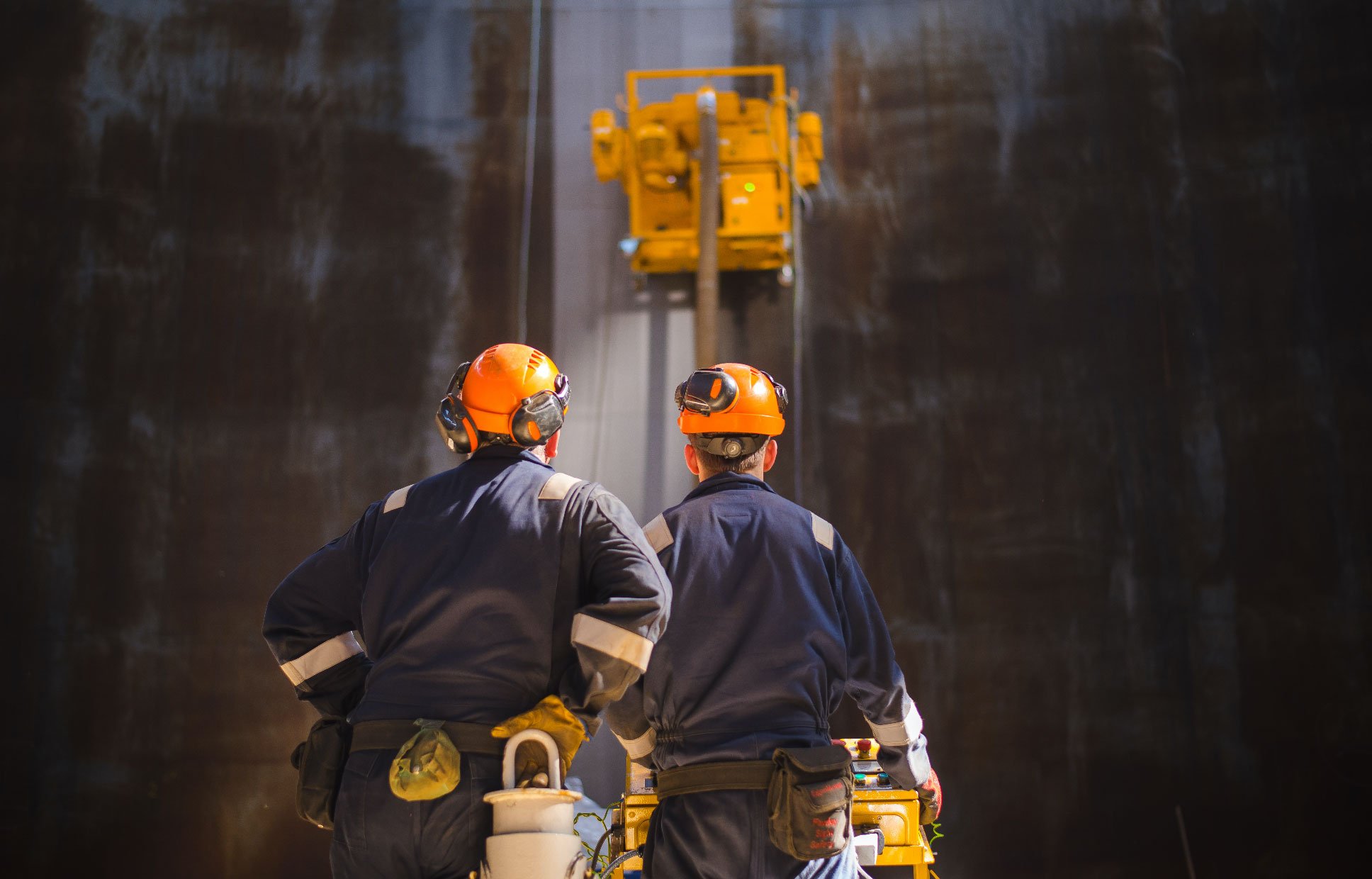Ride on Floor Scrapers are built for tough flooring removal. Our Terminators can easily rip through the hardest floor coverings in one pass but like anything else, there are things some people do that will decrease the efficiency of flooring removal. We’ve noticed two mistakes that some users without proper training are doing without realising it. This blog will address those two easily avoidable mistake to help users achieve maximum efficiency with their Ride On Floor Scrapers to help get the job done in less time (less time spent per job means more opportunities for new ones), and keeping more money in your pocket; and who doesn’t like that?
These two easily avoidable mistakes are…
1) Using the wrong tooling
2) Using the wrong pitch
Using The Wrong Tooling
There are various forms of tooling that can be used with a Ride on Floor Scraper depending on what type of flooring you will be removing. Sometimes people tend to make their decisions based on price and go with something less expensive that may still be able to remove the flooring but not as efficiently or as effectively.
Although they may think that initially they’re saving money, they’ll end up burning through the tooling faster, meaning they’ll have to replace it more frequently. The wrong tooling can also increase the amount of time it takes to do a job which translates into less money in your pocket.
For example, one customer had a job where they needed to remove a large amount of difficult ceramic tile. They decided to use a Milled tile tooth blade even though we had suggested our sabre claw. Although the Milled tile tooth tooling is high quality and did get the job done, the tough ceramic flooring burned through it faster than it would have with the sabre claw, so they had to replace the tooling more frequently than they had initially thought. Ultimately, they ended up spending more money on tooling than what they would have if they had originally started with the sabre claw. This happens more often than you may think.
If you’re not sure exactly what tooling is best to use for the flooring you’ll be removing, you can check out our Terminator Tooling 101 blog that will give you an overview of the different tooling options.
Using The Wrong Pitch
The pitch refers to the angle that the tooling sits against the floor.
A Low Pitch is when your tooling sits closer to the floor; or in other words, there is a smaller angle between the blade and the floor.
A Greater Pitch is when your tooling sits further away from the floor to give you a large angle between the blade and the floor.
When using a lower pitch there is less down pressure on the blade. Less down pressure does allow for longer blade life but may not always offer enough down pressure for the type of flooring you are removing.
If you find that you keep riding up over the flooring you’re trying to remove, you’ll want to increase the angle (your pitch) for more down pressure. Because increasing the pitch will give you more down pressure it will also wear through your tooling faster. Wearing through your tooling faster is only problematic if it’s unnecessary (meaning, you can still effectively remove the flooring at a lower pitch). More difficult flooring removal will require a higher pitch, which is where it is very important to make sure you’re using the right tooling with the increased down pressure.
The key to maximum efficiency of removal is firstly, making sure you are using the best tooling for the specific flooring type you’ll be removing, along with finding the best pitch (angle) so you are able to stay under the flooring being removed, without prematurely wearing out your blade. This will require a bit of trial and error and experience in flooring removal. Make sure to do your research so you can better understand the different tooling options. If you can find the right tooling and pitch angle for your job, you’ll be able to rip through even the most difficult flooring quickly and effectively.


 By
By 